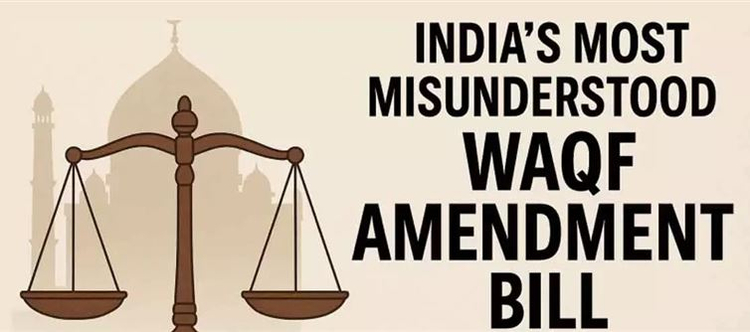
Fact: Properties that are already recognized as waqf are the main subject of the Waqf Bill.It prohibits the arbitrary seizure of land. Waqf Boards are in charge of overseeing and caring for waqf properties, but they are also governed by laws and rules.
Myth 2: Waqf Boards can take private property without following the required procedures, thanks to the Waqf Bill.
Fact: Properties that have already been endowed for religious, philanthropic, or social welfare reasons are known as waqf properties. The Waqf Board is not authorized by the Bill to take private property unless it has already been designated as waqf.
Myth 3: Waqf properties are immune from government regulation under the Waqf Bill.
Fact: Despite being used for religious and philanthropic purposes, Waqf properties are nonetheless subject to financial and legal monitoring by auditors, courts, and government organizations.
Myth 4: The Bill gives preference to one religious group over another.
Fact: Waqf properties, which are endowments created following Islamic law, are explicitly covered by the Waqf Act, which the Bill may change. The Sikh Gurdwara Act and the Hindu Religious and Charitable Endowments Act, on the other hand, contain comparable property laws.
Myth 5: Waqf Boards have the authority to transfer or sell Waqf property as they see fit.
Fact: Following waqf rules, a property is deemed permanently dedicated once it has been declared waqf and cannot be sold or transferred unless certain legal requirements are met, frequently involving judicial approval.




 click and follow Indiaherald WhatsApp channel
click and follow Indiaherald WhatsApp channel